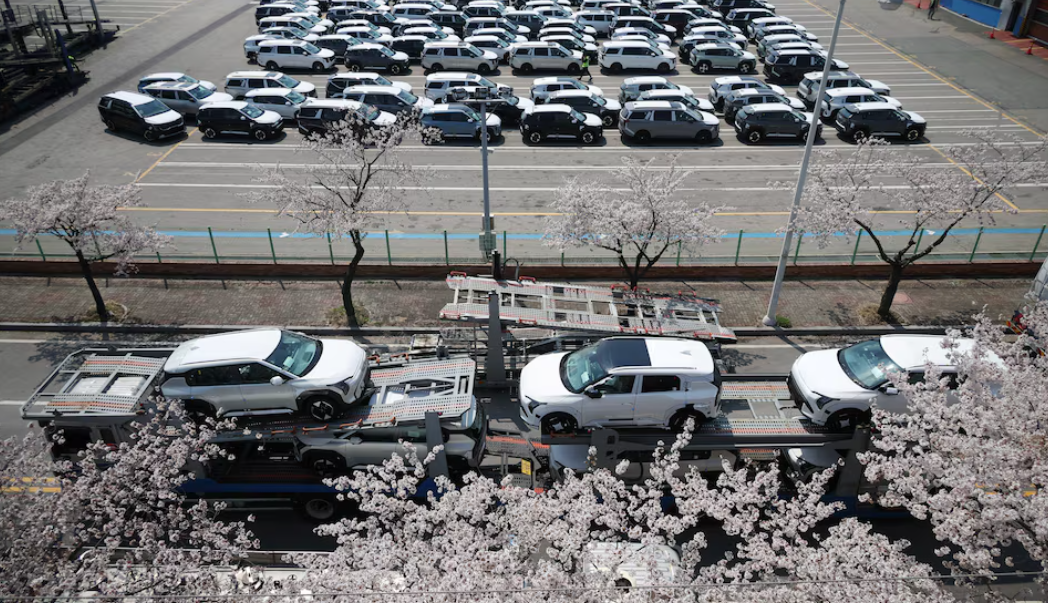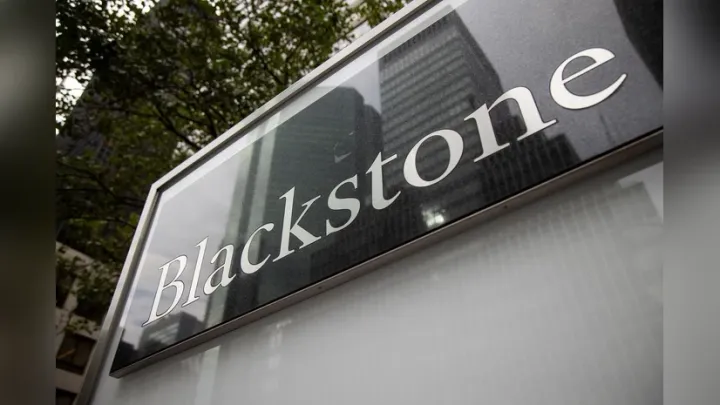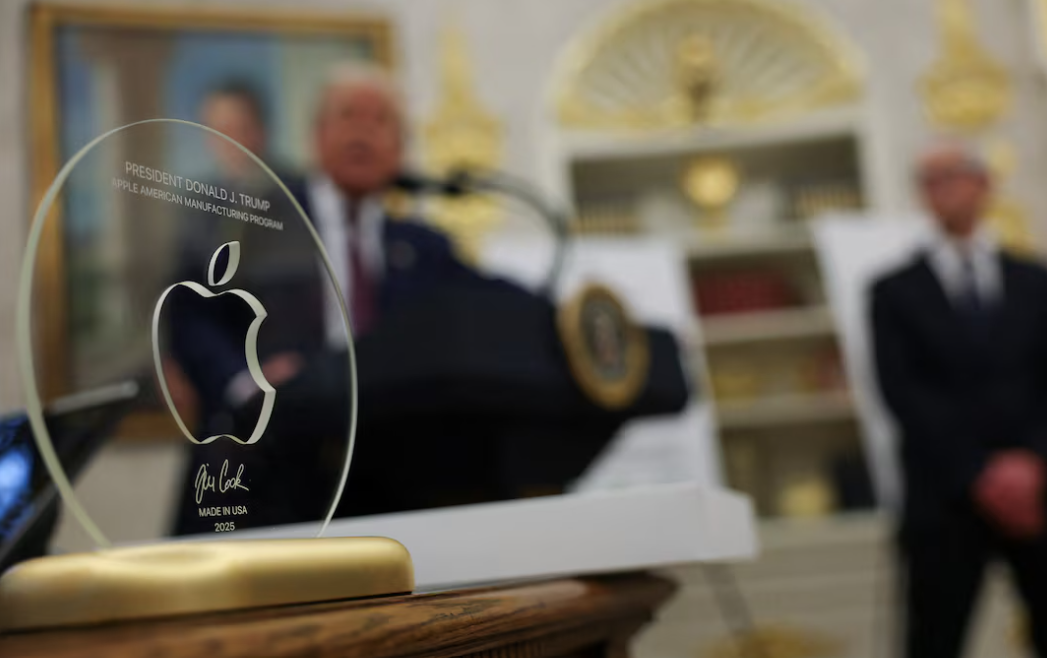Kia Corp Suffers \$570 Million U.S. Tariffs Hit in Second Quarter

South Korea's Kia Corp said on Friday that it took a huge hit of 786 billion won ($570 million) in the second quarter of 2025, largely because of U.S. tariffs. The surprise setback helped to send its operating profit down 24% to 2.76 trillion won from a year ago.
Kia and its subsidiary Hyundai Motor are the world's third-largest automaker. The effect of the tariffs has raised not just concern for the automaker but even for the overall South Korean economy, which depends largely on exports by big conglomerates such as Kia and Hyundai.
In spite of the cost pressure, Kia was able to increase its U.S. sales by 5% in the quarter. The analysts believe that the growth has been driven by a rush of buyers who wanted to purchase cars before prices rose due to the imposition of U.S. tariffs. Kia's recently introduced Carnival hybrid sport utility vehicle (SUV) also saw good sales, which helped to mitigate some of the losses.
Kia's shares reacted poorly to the news, dipping 1.7% during Friday's trading. The firm said it was watching closely as the two sides engaged in discussions on the current trade talks between South Korea and the United States. Officials in South Korea said they are negotiating with Washington to delay or mitigate the tariffs and want closer cooperation where there is mutual interest in the economy.
Industry analysts believe the tariff shock could lead Kia to rethink certain components of its international supply chain and manufacturing strategy, with possible additional investment in manufacturing within the U.S. to prevent future tariffs.
The South Korean authorities are said to be promoting a settlement through diplomacy. The tariffs were one of a series of moves by the United States to safeguard local manufacturers, particularly as carmakers fight to dominate the electric vehicle (EV) sector.
Nevertheless, the decline in profit is a harsh reminder of how exposed global companies remain to policy changes in major markets.
FAQs
Why did Kia Corp incur a $570 million loss from U.S. tariffs?
The $570 million loss resulted from additional tariffs charged by the U.S. on South Korean vehicles and automotive parts. It cost Kia more to export its vehicles into the American market because of the tariffs, cutting directly into its profit margins.
How did Kia's U.S. sales rise despite the tariff impact?
Kia recorded a 5% increase in U.S. sales as consumers rushed to buy vehicles before prices could be raised. This preemptive surge in demand helped drive short-term volumes despite long-term pressures from tariffs.
What was the contribution of the new Carnival hybrid SUV in the quarter?
The Kia Carnival hybrid SUV was a bestseller in Q2. Its appeal among Americans helped provide much-needed padding against declining profits and account for the overall surge in sales in the U.S.
How is the South Korean government reacting to these tariffs?
South Korea is negotiating with U.S. authorities to delay or reduce the tariffs. They are also seeking economic cooperation opportunities in such fields as electric cars and clean energy with the aim of securing a good deal that will reduce pressure on such firms as Kia.
What are the long-term implications for Kia?
In case the tariff landscape doesn't change for the better, Kia can be compelled to relocate more manufacturing to the U.S. or elsewhere to escape further punitive measures. This can drive substantial alterations to its global production strategy and potentially higher automobile prices in overseas markets.
Kia's second-quarter report is a grim reminder of the effect that global trade tensions can have even on the strongest automakers. The coming months will be decisive, with diplomatic negotiations in progress and world markets still adapting to a more protectionist trade environment.



